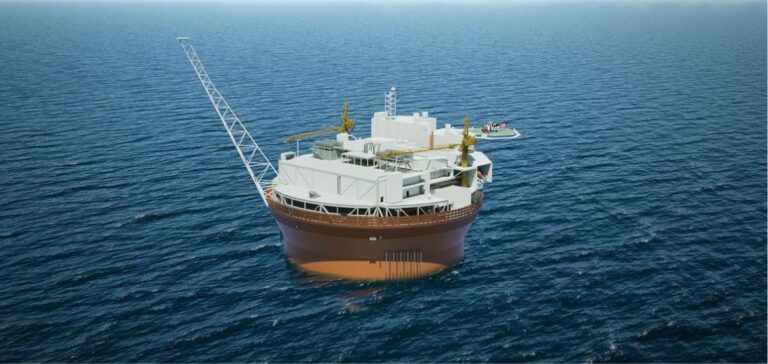Wisting, the oil project of Equinor and its partners, is subject to a postponement of investment, initially scheduled for December 2022. However, the project is still maturing, aiming for an investment decision by the end of 2026.
A necessary postponement
The Wisting project is located in the Barents Sea, in Norwegian territorial waters 300 kilometers north of Hammerfest. Due to the increase in global inflation, the estimated cost of the project is NOK 104 billion. In addition, there is also uncertainty about the framework conditions of the project.
In addition, the international situation, particularly in terms of energy, is creating capacity reductions for international suppliers. Construction and equipment manufacturers’ lead times are increasing. For example, Geir Tungesvik, Equinor’s Executive Vice President, Projects, Drilling and Supply, says:
“A lot of people worked hard to make Wisting, and the decision is demanding. However, in today’s supplier market, deferring the investment decision to ensure economically sound development and robustness in the project execution phase is the right decision. When the pressure on the supplier market eases, the Wisting project can be executed satisfactorily.”
Continued research
Equinor has been active in Northern Norway and the Barents Sea for over 40 years. With the long-term perspective and the Castberg field coming on stream in 2024, Equinor is exploring the region. In addition, the Wisting project requires further reflection with partners.
OMV’ s discovery of Wisting dates back to 2013. Equinor is the operator in the development and operation phases. The depth of the ocean at this location, in the Hoop area, varies between 390 and 418 meters.






















